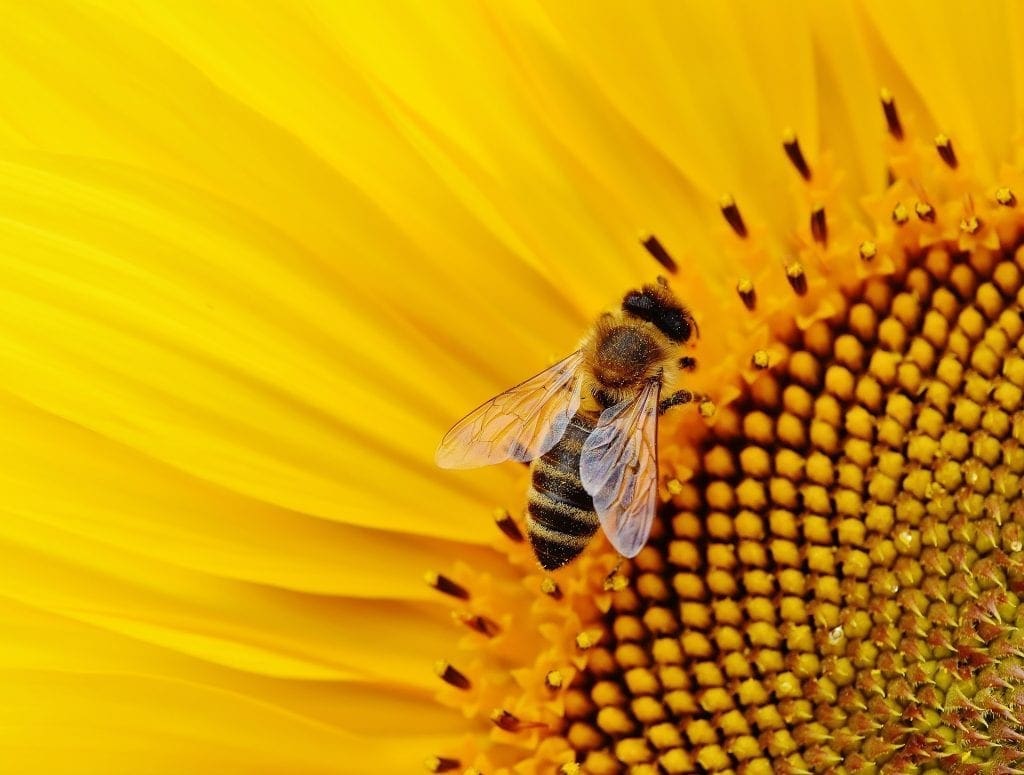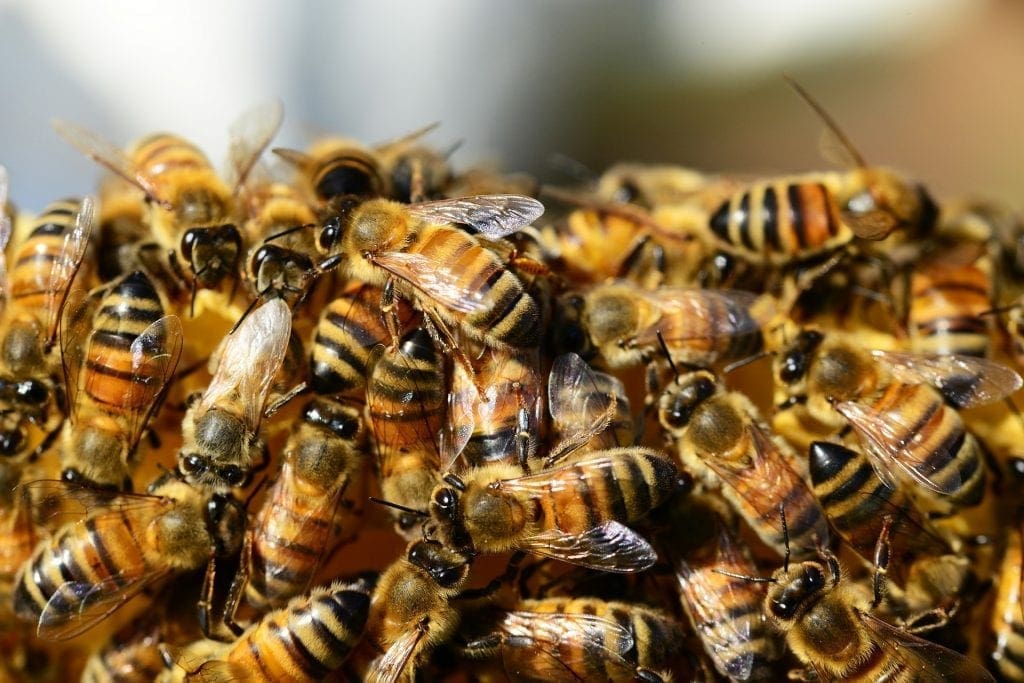Pesticides have been responsible for the deaths of more than 500 million bees in the last three months in Brazil.
According to Bloomberg, 400 million bees were found dead in the state of Rio Grande do Sul alone, while 102 million bees were reported dead in 3 other Brazilian states.

Researchers have pointed out pesticides as the main cause of death for most of the bees.
Aldo Machado, vice president of Brazil’s Rio Grande do Sul beekeeping association, told Bloomberg his colony was decimated in less than 48 hours.
He explained:
As soon as the healthy bees began clearing the dying bees out of the
hives, they became contaminated. They started dying en masse.

The chemical substances used are said to have contained products banned in Europe, such as neonicotinoids and fipronil.
Recently the EU imposed a near-total ban on neonicotinoids because of the serious harm it could cause to bees. However in the same year Brazil lifted restrictions on pesticides, despite opposition from environmentalists who called it the ‘poison package’.
According to an investigation by Greenpeace’s Unearthed, the use of pesticides in Brazil has increased, with 193 products containing chemicals banned in Europe, being registered in the country in the last three years.
500,000,000 bees died in Brazil this year, with most showing traces of Fipronil, an insecticide banned in the EU and a possible human carcinogen according to US EPA
— Assaad Razzouk (@AssaadRazzouk) August 20, 2019
That’s after President Bolsonaro allowed a record 290 pesticides, up 27% over last yearhttps://t.co/u3I6IxJf5q pic.twitter.com/E7pgvn6hjZ
The South American country has become the biggest buyer of pesticides in the world. However this ‘bee genocide’ is not unique to Brazil:
In the United States, beekeepers lost four out of every 10 honeybee colonies in the past year, making it the worst winter on record.
In Russia 20 regions reported mass bee deaths, with officials also warning it could mean 20% less honey being produced.
At least one million bees died in South Africa in November 2018, with fipronil being blamed.
And countries such as Canada, Mexico, Argentina and Turkey have all also reported mass die-offs of bees in the last 18 months, according to BBC News.
The declining bee population is a major worry for agriculture and world wide food security. Bees pollinate 80% of our flowering crops and a Cornell University study estimated that honeybees pollinate $14 billion worth of seeds and crops in the U.S annually. #WorldHoneyBeeDay pic.twitter.com/xMFunQSLG0
— Mike McGuire (@ilike_mike) August 18, 2019
Almost half of all products approved since Jair Bolsonaro has been in office are reported to contain ingredients featured on Pesticide Action Network’s (PAN) list of highly hazardous pesticides, indicating they pose a risk to human health or the environment.
Brazil’s health watchdog Anvisa reportedly found 20 per cent of samples contained pesticide residues above permitted levels, or contained unauthorised substances.
Greenpeace is concerned that the widespread use of pesticides could have major consequences for the country’s wildlife and environment.
The World Wildlife Foundation (WWF) points out that restoring bee populations is possible but it is a task which will require many changes, including reversing fragmentation of wild flower meadows, reducing the effects of chemical pollution, protecting bees from imported diseases and taking targeted action to bring endangered species back from the brink.
With the devastating fires currently ravaging the amazon rainforest, the last thing brazil needs is to be losing millions of bees!
